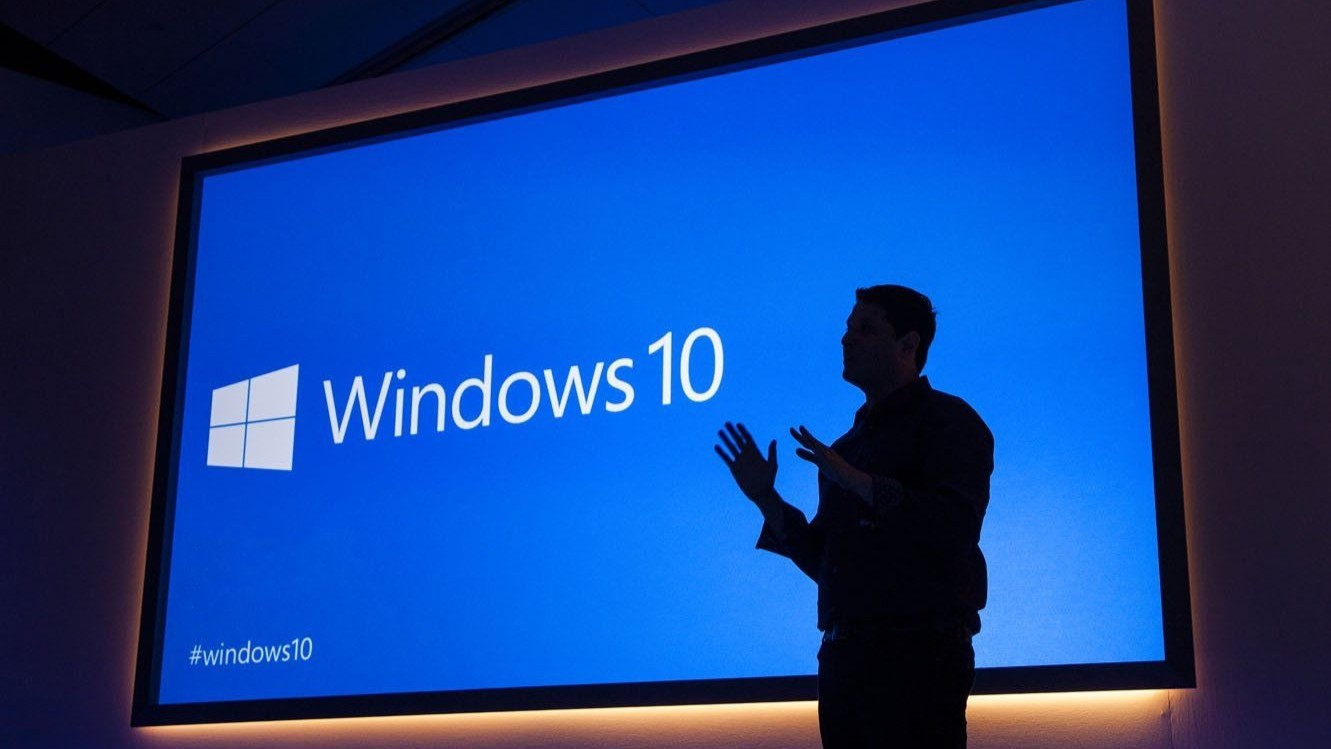When was the last time you heard someone compare sports and software development? I can’t recall either. However, Dallas Mavericks’ minority owner, Mark Cuban, recently shared interesting insights about the team unceremoniously trading basketball superstar Luka Dončić trade to the Los Angeles Lakers in an interview with Microsoft co-founder Bill Gates (via OpenCourt Basketball).
Mark Cuban jokes with Bill Gates about the Mavericks trading Luka Doncic:“If after you left the company, they traded Microsoft 11 for Microsoft 10… what would you do?” 💀(via @persources) pic.twitter.com/CrCYdokSJLFebruary 8, 2025
The interview started with Cuban posing a rhetorical question to Bill Gates:
“If after you left Microsoft, you found out that Steve Ballmer traded Windows 11, the new, hot operating system, for Windows 10, the Hall of Fame but the old operating system, what would you do.“
“I might have to hide from the press,” responded Gates. The philanthropic billionaire’s comments are warranted given Microsoft’s history and rapid trajectory to become the most sought-after software development company with billions of users across the world and up to $3 trillion in market valuation.
As we recently learned, Microsoft’s immense success didn’t dawn on Bill Gates until the late ’90s, despite attaining billionaire status.
“I thought I was one mistake away from death until then,” added Gates. “That was just my mentality.”
A preference for Windows 10, louder than ever
While Cuban raises a valid point on the basketball front, his sentiments might not be entirely valid on the Windows front. In the next 9 months, Microsoft is expected to pull the plug on Windows 10. October 14, 2025, could be around the corner, but Windows 10 continues to dominate with a 60.33% market share over Windows 11’s 36.65% (the highest market share the new OS has enjoyed since shipping).
Despite Microsoft’s blatant attempt to get users to upgrade to Windows 11 using intrusive and full-screen multipage popup ads, most users are seemingly sticking to their guns and continue to run the operating system, even with its imminent death looming closer.
User reluctance to upgrade to Windows 10 can be attributed to several critical reasons, including the depressed PC market (though trends show it’s on an upward trajectory this year), strict minimum system requirements for the OS, Windows 11’s flawed design, and more.
A public interest research group filed a petition contesting Microsoft’s decision to cut support for Windows 10. The group argued that over 40% of users still run Windows 10, citing that the plan would lead to “the single biggest jump in junked computers ever,” which doesn’t align with the tech giant’s sustainability goals.
But as it now seems, Microsoft is moving forward with its plans. However, users can continue using Windows 10 for an additional year of support through Microsoft’s Extended Security Updates program for $30, though it only guarantees one year of extended support and security updates.
Beyond that, users will be compelled to upgrade to Windows 11 or continue using Windows 10 without support. The latter option leaves you susceptible to attacks.





